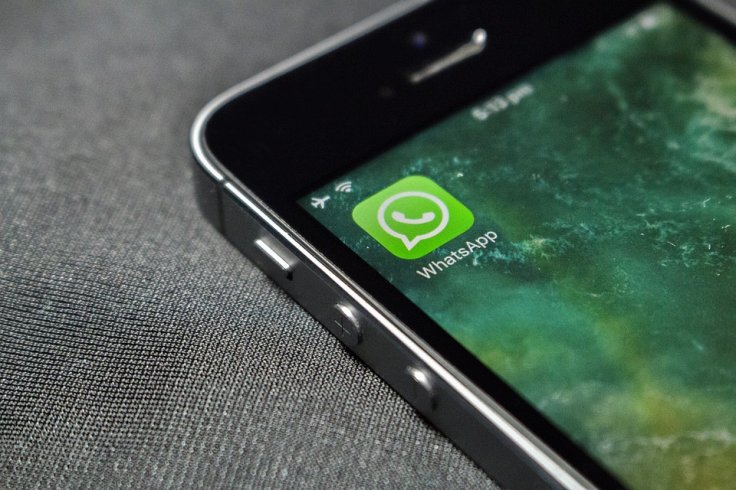With fake news and misinformation still on the rise on its platform, WhatsApp has imposed additional restrictions to narrow down the limit of how many times users can forward a message to their contact on the messaging app.
The new forwarding limit comes as an update to the existing limit which allowed users to forward a message for up to five times or to five different chats or contacts at a time.
WhatsApp tightens the noose on forwarded messages

The Facebook-owned instant messaging service has said on April 7 that it will be imposing a new limit that will apply to any message that has been forwarded five times or more, and will prevent a user from forwarding it to more than one chat or contact at a time. In other words, users will only be able to forward any messages that are deemed "highly forwarded" to just one chat (group or person) at a time, whereas previously they could forward it to five.
A "highly forwarded" message is marked by double arrows along with the word "forwarded" appearing on top of a message to indicate that the message has been forwarded more than five times, and did not originate from close contact.
In view of coronavirus pandemic
The new move by the Facebook-owned WhatsApp is an effort to further curb the spread of misinformation and fake news that is turning viral during the ongoing coronavirus pandemic. "The limitation has helped constrain virality, resulting in a 25 per cent decrease in messages forwarded globally last year," said WhatsApp in a press release.
"The Facebook company is committed to keep users across its family of apps informed and safe during the COVID-19 outbreak by providing access to accurate information and reducing misinformation and harmful content."
Why can't WhatsApp check for misinformation?
WhatsApp cannot monitor the messages or misinformation that is being spread in its platform due to its end-to-end encryption, so the company relies on metadata of a message to gauge it's spread and label it as forwarded. Meanwhile, WhatsApp is said to be working on a feature that will let its users verify forwarded messages online. This feature could help curb the spread of misinformation to some extent.
How misinformation spreads on WhatsApp during lockdowns
The spread of misinformation regarding the ongoing public health emergency, that is a coronavirus, is particularly dangerous and harmful and it is on the rise because many people are stating at home due to the COVID-19-related lockdowns in place in several countries such as India where WhatsApp forwards are increasingly being forwarded by some clueless users.
Even in such a grave situation, some mischief mongers and anti-social elements create a WhatsApp message and forward it to their contacts, asking them to forward it to some more contacts until it becomes viral.
Not all forwarded messages are bad
Meanwhile, not all forwarded messages are bad or carry misinformation. However, WhatsApp noted that there is a "significant increase in the amount of forwarding which users have told us can feel overwhelming and can contribute to the spread of misinformation."
"We believe it's important to slow the spread of these messages down to keep WhatsApp a place for personal conversation," WhatsApp wrote in a blog spot.
The ill-effects of viral misinformation
It can be recalled that in the past couple of years, more than a dozen deaths have been linked to the viral circulation of misinformation on WhatsApp - most of them from India, which has the largest number of WhatsApp users.
Facebook's coronavirus efforts
WhatsApp owner Facebook is also taking several measures in the wake of the ongoing COVID-19 pandemic that has been wreaking havoc across the globe. It has come up with several info hind and helplines to help users get "authoritative" and factual information regarding COVID-19 on all its social media platforms including Facebook, Instagram and WhatsApp.
Last month, it introduced a Coronavirus information centre atop Facebook's news feed and it has been working with nonprofit organizations like the WHO to build coronavirus helplines. The WHO helpline on Messenger and WhatsApp has already reached 10 million users, just days after its launch. WhatsApp also launched a Coronavirus chatbot developed in concert with WHO which gives coronavirus-related information.









